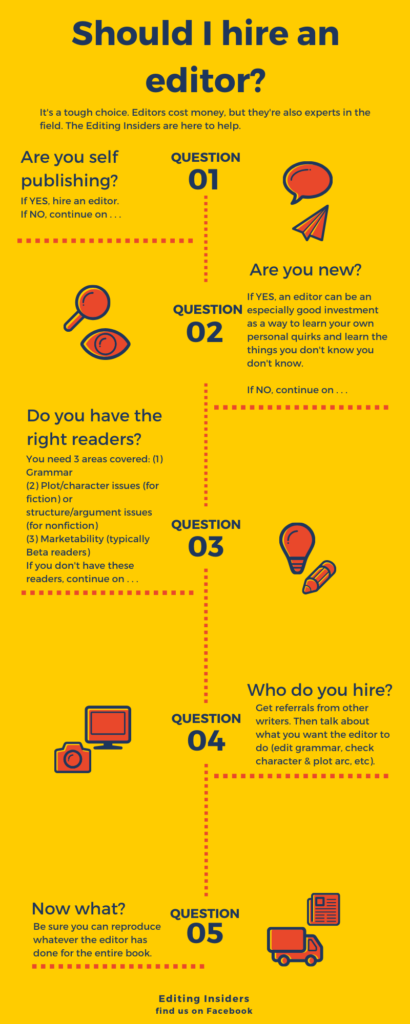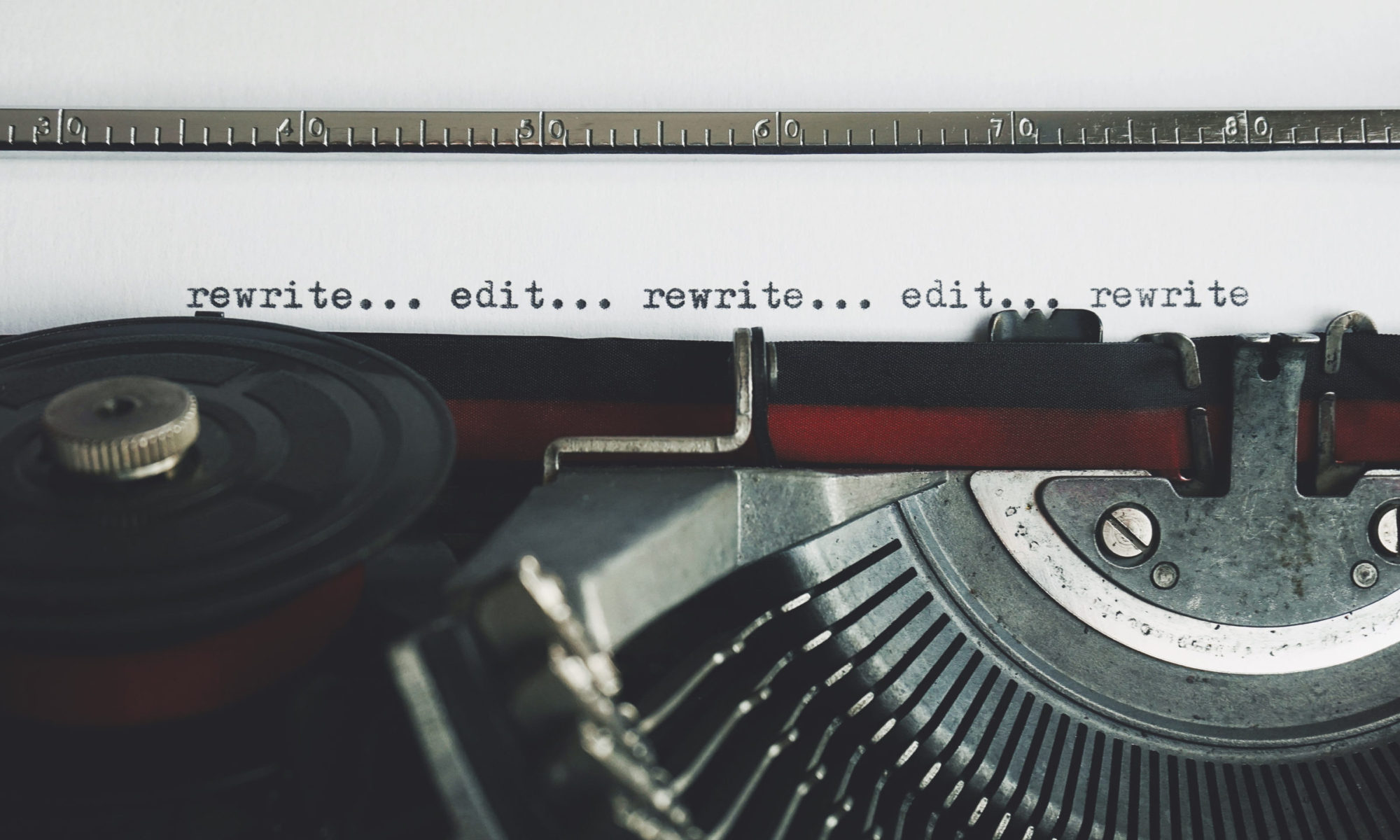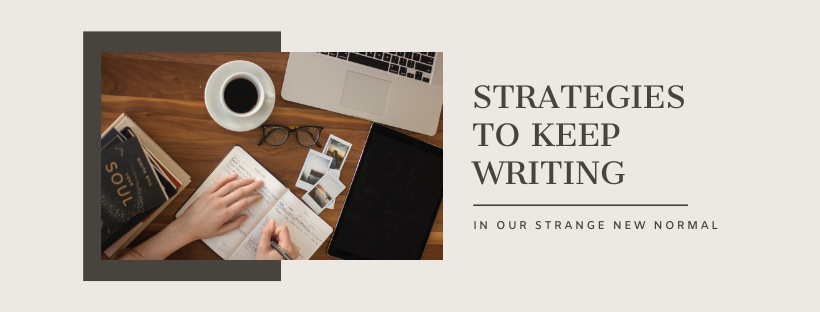As an editor, I often find that manuscripts I review miss the mark on ideal word count for their genre.
Why is word count so important?
First, reader expectation dictates word count, to some extent. If I’m reading a book to my 3 year old and she runs out of attention before the book runs out of words, a wrong word count is a likely culprit. In addition, if I’m purchasing a book about parenting a child with special needs, I’m going to expect a certain level of diving into the material. Not so deep that I feel like I’m reading a doctorate level textbook (unless it’s a doctorate level textbook), but not so shallow that there’s nothing there I haven’t read online in magazine articles.
The second reason word count is important is that it dictates price and break even in the traditional publishing industry. Every book, regardless of word count, needs to be reviewed, developed, copy edited, laid out with interior design, a cover designed, proofed, printed, marketed, inventoried, and shipped out. Every step costs the publishing house money, and they need to recoup their investment while pricing the book to sell. If a book runs too long, the price point may need to be so high that few buyers would purchase it. Who wants a 60 page board book that costs $45? Not too many people. And who wants to spend $15.99 on a 100-page novel? Not me.
So, what word counts should authors be aiming for?
I want to note up front that ideal word count varies from one traditional publisher to the next. And if you’re self-publishing, there’s really no one to tell you no. Just keep in mind that norms exist for a reason.
But I offer here the most common word count ranges for many different genres, both fiction and non-fiction.
Children
- Picture books (up to age 8)—no more than 1,000, though many are far shorter, depending on the age of your reader
- Easy readers (ages 5–9)—50 to 2,500 words, dependent on the reader and the vocabulary
- Chapter books (ages 7–10)—10,000 to 12,000 words
Tween
- Middle grade (ages 8–12)—20,000 to 25,000 words
Young Adult
- YA novels (ages 12–18)—35,000 to 45,000 words / 50,000 to 70,000 words
Adult Fiction Novel
- Romance—70,000 to 90,000 words
- Women’s fiction—75,000 to 100,000 words
- Crime and Thriller—75,000 to 120,000 words
- Historical fiction—75,000 to 100,000 words
Note: The most universally accepted ranges for romance, women’s fiction, crime & thriller, and historical is 80,000 to 90,000 words.
- Literary—up to 110,000 words
- Novella—20,000 to 40,000 words
Adult Non-Fiction
- Christian living—50,000 to 70,000 words
Note: Most non-fiction manuscripts should come in between 50,000 to 75,000 words.
The target number of words for your particular manuscript can vary from the numbers presented here for many reasons. You might be writing in a super niche genre that has its own word count parameters. You might sign with a publisher that has found sell-through success with a particular count range. You may self-pub and find that your readers simply eat up 9 short reads as opposed to 3 longer reads.
The numbers offered above are simply guidelines and, as we all know, guidelines often flex for good reasons. As with all things writing related, if you do go outside the guidelines, make sure it is for very good reasons.


